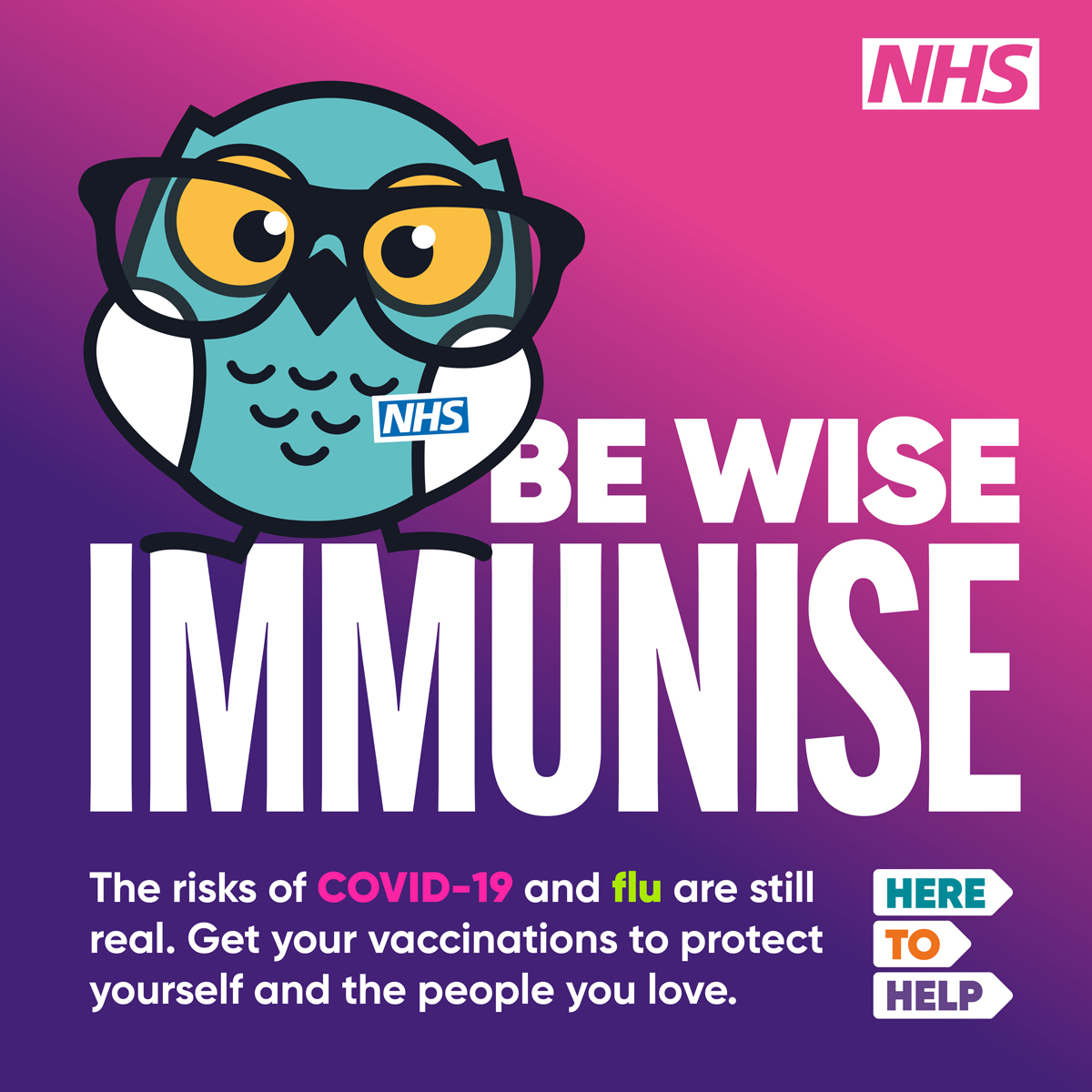Published on: 3 October 2025
Winter is coming and the region's NHS is prepared, but we all have a part to play: that’s the message from NHS leaders in the North East and North Cumbria.
Back in March, while the rest of us were thinking about Easter eggs or the first bluebells of spring, doctors, nurses and NHS managers were carefully analysing data and working out how to help more people stay well when the cold sets in again.
The result is a winter masterplan to help more people stay out of hospital, with a focus on preventing illness and offering more care at home or in communities.
Dr Neil O'Brien, chief medical officer at North East and North Cumbria Integrated Care Board (ICB), said:
"Previous winters have brought our health services under great pressure so we plan in detail how to keep the system working well when patients need it most. We're well prepared for whatever challenges lie ahead – but we need everyone to play their part."
And this planning is not 'just in case' but based on proven health data about our region's population.
People in this region are much more likely to suffer from respiratory problems than in England as a whole, with 2.8% having Chronic Obstructive Pulmonary Disease (COPD) compared to just 1.86% nationally.
Dr O'Brien continued:
"Many people are now living with long-term conditions, so more patients will get poorly when it's cold and damp. Our early planning helps us get a detailed picture of the whole health and care system before the pressure ramps up, and respiratory issues are a top priority for us.
"If you get a respiratory illness, you may be referred to one of our Acute Respiratory Infection hubs, so you can get treated quickly and conveniently near home, rather than coughing in busy hospital waiting rooms. Last winter our 43 hubs cared for more than 36,000 patients in the region.
"But everyone has a part to play. Eligible patients can protect themselves by getting their flu and Covid-19 vaccines, while everyone can help by stocking up the medicine cabinet, ordering prescriptions on time and keeping warm.
"For life-threatening emergencies, you should still call 999 or visit A&E, but for everything else, there are more convenient options nearer home. You can see a pharmacist for a wider range of conditions than ever, or you can visit 111 online, call 111 or speak with your GP practice."
Dr Sean Fenwick, co-chair of the NHS strategic urgent and emergency care board for the North East and North Cumbria said:
"Our collaborative approach means hospitals, community services, mental health teams and ambulance services are aligned in their planning and delivery. This joined-up working helps us provide safer, more effective care for patients and ensures we can support each other when demand is high.
"Everyone has a role to play this winter, and we’re asking the public to help us help them by using services wisely and looking after their health."
With a focus on prevention, health leaders have set a target to increase winter vaccination rates with a renewed push on the NHS's award-winning 'Be Wise, Immunise' campaign, which is closely targeting areas of low uptake.

NHS services will provide proactive care to the most vulnerable patients to reduce the risk of illness, with care co-ordination hubs and two-hour urgent community response services on hand within communities if they do become ill.
In addition to a £1.5 million investment in Acute Respiratory Infection hubs, later this winter will also see new Urgent Treatment Centres (UTCs) open in Newcastle and Carlisle. Based next to emergency departments, these will make it possible for patients to be seamlessly directed to the best service for their needs.
New mental health services, including the region's first three safe haven drop-in centres and a new mental health crisis text service, will give people in distress a more suitable option instead of a busy A&E.
For those who do need hospital care, the NHS has focused on what's known as 'patient flow', with an ambition for ambulance handover times to not exceed 45 minutes.
A System Coordination Centre provides real-time monitoring of demand so the region's hospitals can support each other when needed. An increase in 'step down' services, which helps support patients moving into community care, will also mean fewer patients are stuck there when they are well enough to be discharged.







